Therapists are waking up to the threat of gender ideology
A major psychotherapy body has raised doubts about banning ‘trans conversion therapy’.

Want to read spiked ad-free? Become a spiked supporter.
The debate around LGBT conversion therapy in the UK has become deeply divisive, not to mention misleading. When people hear the phrase ‘conversion therapy’ they think of people being coerced, sometimes violently, into being someone they are not. But those campaigning to ban so-called trans conversion therapy are trying to clamp down on something different altogether.
Trans conversion therapy is a catch-all phrase gender ideologues use for any treatment of any individual who presents as trans that doesn’t involve uncritically ‘affirming’ them. In other words, banning trans conversion therapy would mean taking the claims of, say, gender-confused children as gospel, putting them on a path to irreversible medical treatments without bothering to explore what else might be going on.
The call for a conversion-therapy ban has been especially divisive among therapists. Many see the dangers it poses to our profession, while many more are gripped by misconceptions about what ‘trans conversion therapy’ really is. Lurking generally unnoticed in the background has been the ‘Memorandum of understanding (MoU) on conversion therapy in the UK’, which various professional bodies are signed up to. The MoU states that conversion therapy is ‘unethical, potentially harmful and is not supported by evidence’. It lays out a code of best practice for therapeutic organisations to follow, essentially telling therapists that they must not encourage their patients to reconsider ‘transitioning’.
Until recently, all major therapeutic bodies in the UK were signed up to this document. But last week the UK Council for Psychotherapy (UKCP), one of the country’s largest accreditation bodies for therapists, announced that it was withdrawing its signature. According to the UKCP, it had previously voiced ‘concerns around child safety’ regarding the document that went unaddressed.
There have long been worries regarding the MoU within the profession. The language it uses about conversion therapy is ambiguous, meaning a therapist doing anything other than ‘affirming’ a trans patient could be accused of practising conversion therapy. This is particularly concerning when it comes to children, who risk being put on the conveyor belt of medical transition while they are still too young to fully understand the consequences.
Of course, this vague and broad definition of conversion therapy is no accident. Trans-activist groups like Stonewall and Gendered Intelligence, neither of which are therapeutic organisations, were involved significantly with drawing up the document. The first iteration of the MoU in 2015 focussed solely – and correctly – on the harms associated with conversion therapy for sexual orientation. However, in 2017, its remit was extended to include conversion therapy for ‘gender identity’. There was no empirical evidence to back up the amendment and it was introduced without any meaningful engagement among therapists.
When I co-founded Thoughtful Therapists, a group pushing back against gender ideology in therapy, one of our aims was to open a dialogue about the MoU. But the Coalition Against Conversion Therapy, the umbrella organisation that oversees the guidelines, wasn’t all that interested in conversation. At first, we couldn’t find much in the way of information about this coalition anywhere. No website. No email addresses. No phone number. No minutes of meetings. No policies. Nothing. When we reached out to individual signatories of the MoU, they were cagey and evasive. When we asked about opportunities for feedback, we were told there were none.
This is why it is so heartening to see the UKCP withdraw from the MoU. Its statement mirrors many of the concerns previously raised by practitioners, including those about child safeguarding. UKCP members are now instructed to ‘discount the MoU as a published policy’ of the organisation. The statement is not perfect; it still takes the contested notion of ‘gender identity’ at face value. But it is a significant step forward.
This is the latest in a series of positive shifts within the profession. The UKCP recently released a statement, emphasising that it is legitimate for therapists to hold gender-critical beliefs. This statement came in response to litigation I had taken against the UKCP, after I was expelled from my master’s degree in psychotherapy in 2021. For publicly voicing my concerns about the MoU, I was effectively excommunicated from the therapeutic profession. It is good to see that the UKCP now admits that this kind of discrimination is wrong.
These are steps in the right direction, but we still have a long way to go. There are still plenty of significant signatories of the MoU, including NHS England, NHS Scotland, the British Psychological Society and mental-health charity Mind. These groups must immediately follow the UKCP’s lead and withdraw their signatures. So long as therapists are afraid to question gender ideology, adults and children will remain in danger.
James Esses is co-founder of Thoughtful Therapists.
Picture by: Cottonbro studio / Pexels.
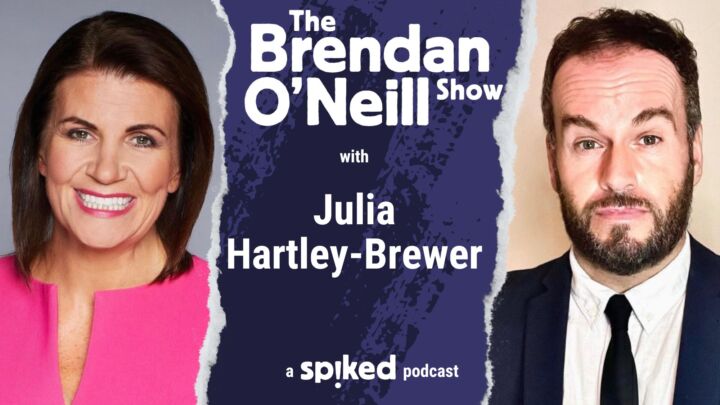
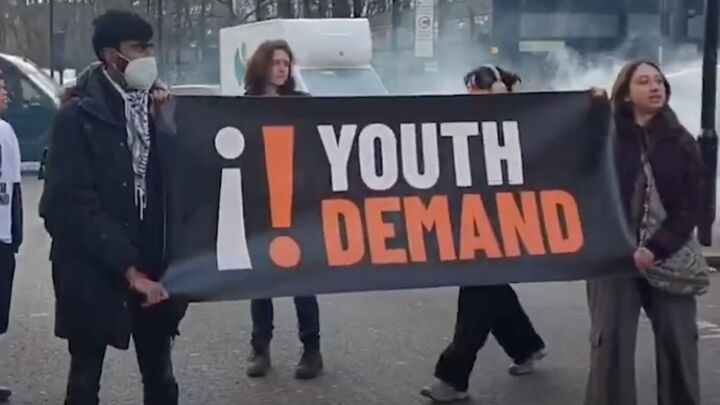


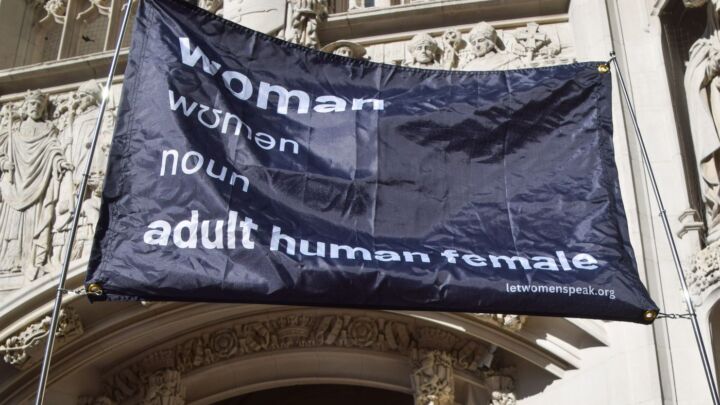



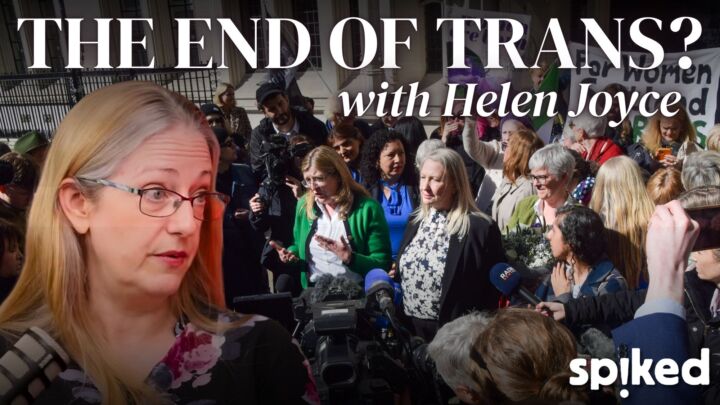
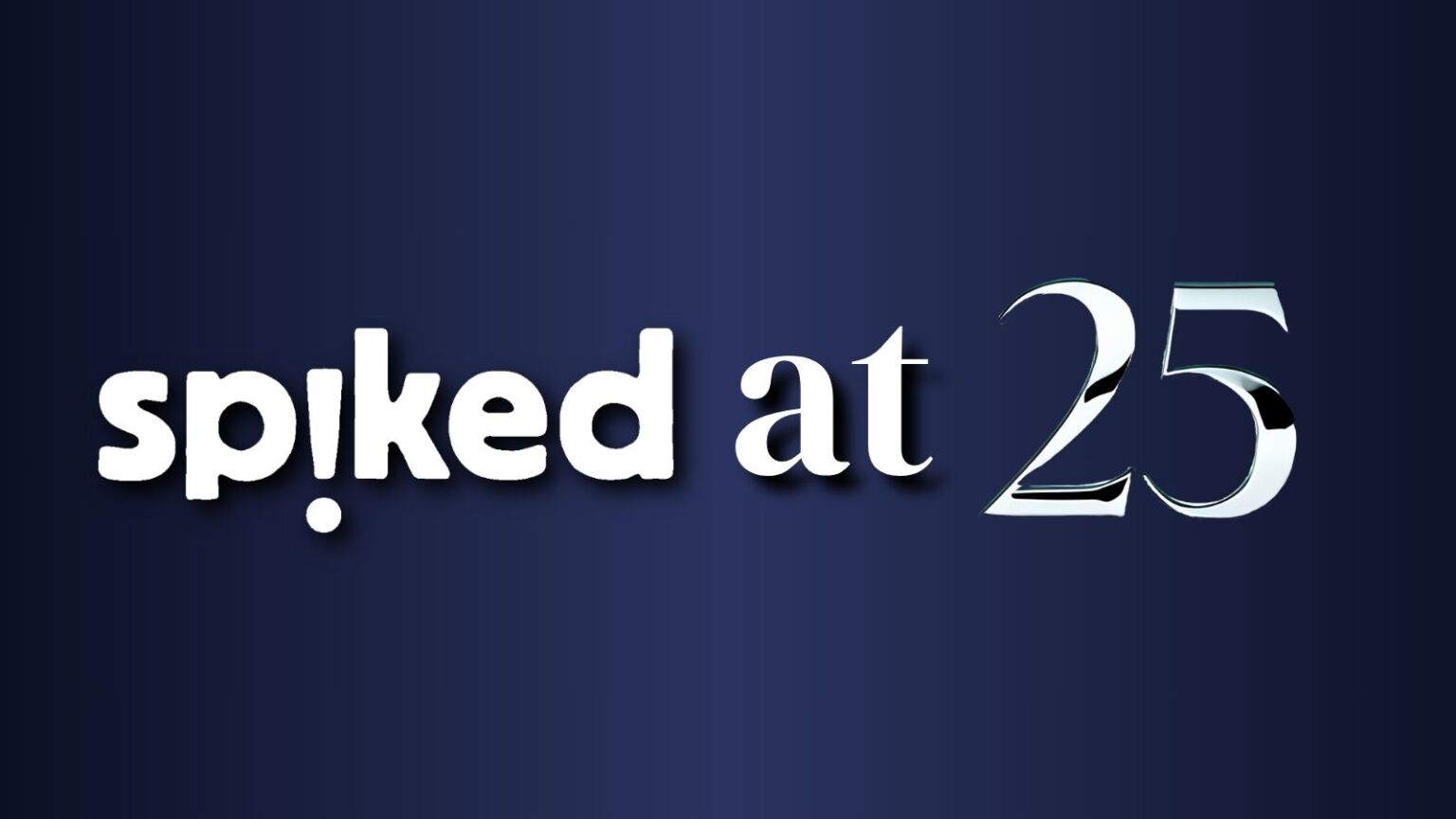
Comments
Want to join the conversation?
Only spiked supporters and patrons, who donate regularly to us, can comment on our articles.